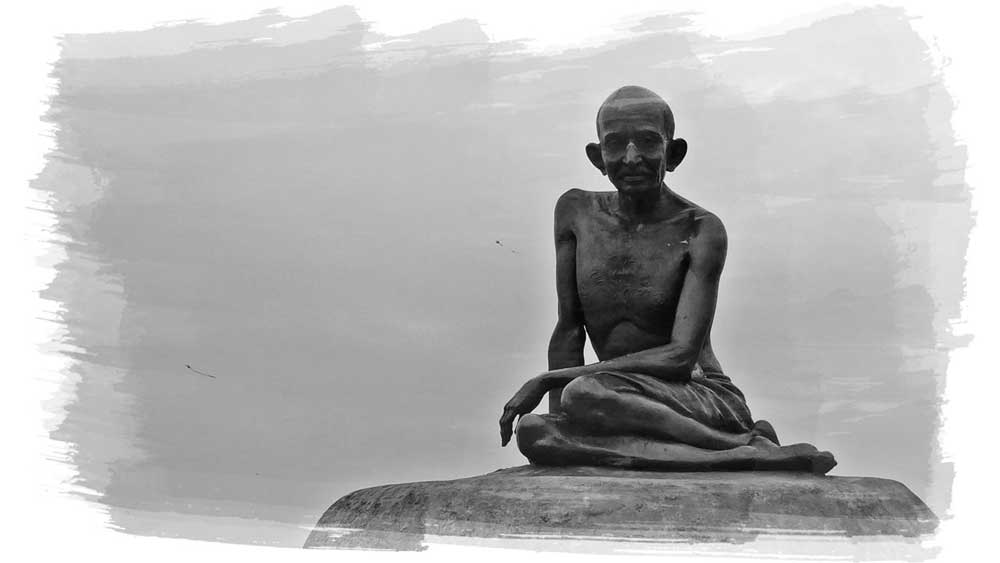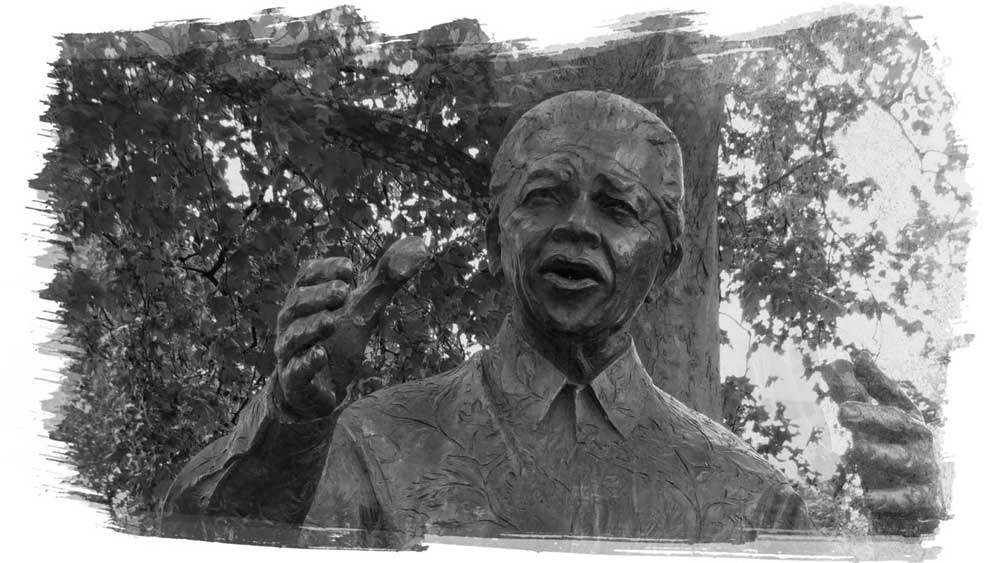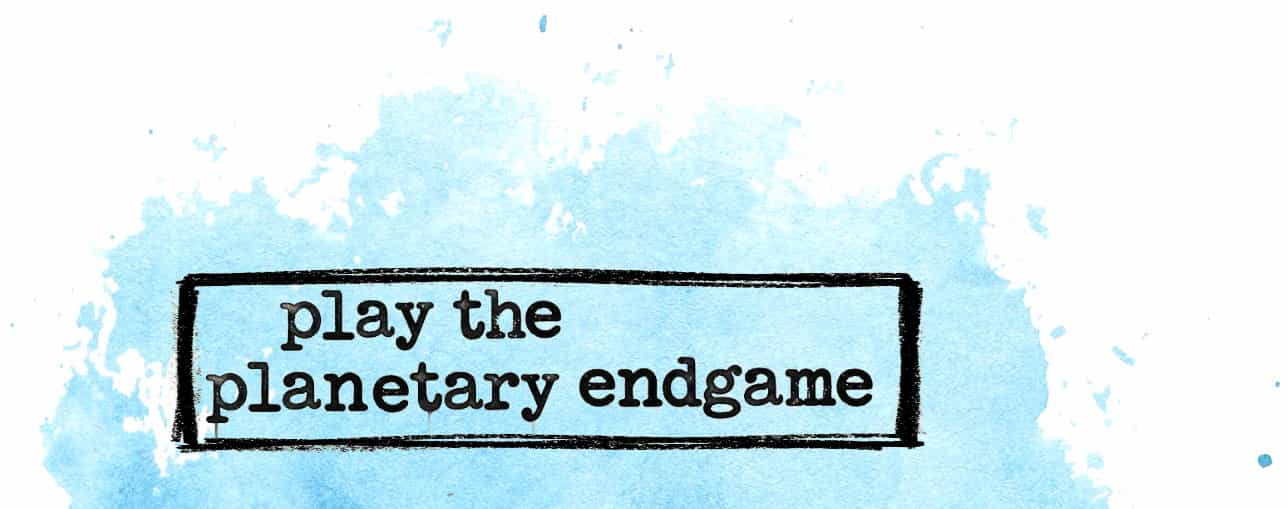Flames of Renewal - Part 2


Where the state and its affairs are so far beyond redemption, or where change is made impossible due to the state’s calcified limitations, that the last of these — what might signal revolution — is decided, the question of “how” invariably follows. Violence, in the form of warfare, may seem the natural answer. Yet, on occasion, solutions (nominally) barring violence have been known to achieve radical outcomes.
Perhaps most remarkable to popular memory, a British-educated Indian lawyer by the name of Mohandas Karamchand Gandhi led (less officially than symbolically) his nation from colonial rule to independence by means of non-violent disobedience. Putting theories of peaceful resistance — developed from an eclectic mixture of religious teachings, and with the influence of Henry David Thoreau, Leo Tolstoy, and others — into practice, Gandhi helped to achieve for his country what his more violence-prone countrymen could not for nearly a century. But with all due historical poignancy, Gandhi’s life ended, after almost eight decades, due to a bullet-wound in his chest. At the time of his assassination, India had enjoyed independence for less than six months.
Next to Gandhi’s, by dint of historical succession, is the example of Rev. Dr. Martin Luther King, Jr. Carried out with enduring, ennobling oratory, King’s leadership of the Civil Rights Movement, and his non-violent advocacy for the dignity and equality of African Americans, earned him a Nobel Peace Prize — and the ire of white supremacists. Short of forty years, King’s life ended on a hotel balcony when a round fired from a racist’s rifle ripped through his head.

Following Gandhi and King, the fight for colonial emancipation and racial justice had its next great hero in Nelson Mandela. Though a revolutionary socialist and disciple of the politics of violence when young, he later embraced the example of his non-violent predecessors, ending therewith a half-century of apartheid in South Africa. He died, like King, a Nobel laureate, at the venerable age of ninety-five, of natural causes.
Yet for all the mythologizing and saint-making of the likes of Gandhi, King, and Mandela, beneath their dazzling iconography lies a more tangled truth. For even their efforts, though noble, were not entirely without debt to actors more viciously disposed. India’s freedom from imperial fetters was not achieved solely through the peaceable shaming of its imperial oppressors. (It was thankful that they could be shamed at all. Think of what might have befallen efforts at peaceful resistance within, say, Stalin’s or Hitler’s contemporaneous empires, and shudder.) Civil Rights were not won in the United States without well-founded fears of violent reprisal. The fall of apartheid came only after decades of both non-violent protest and guerilla resistance. These causes, despite their formidable pacifist legacies, had political purchase based on both violent and non-violent initiatives. Nor can these peaceful resistance movements be divorced entirely from the violence to which they gave way. Look at these three countries today and see whether grounds for violence do not persist despite Gandhi’s, King’s, and Mandela’s laudable deeds.

If the idea of revolutionary change arising purely from peaceful disobedience is but a dream, who is to say that violence is not justified to achieve radical ends? Valiant struggles for justice have claimed many lives, and many just causes have been waged and won at the sword’s edge. But many, too, have seen violence go beyond its intended bounds of restraint, and usurp a righteous cause with a vengeful creed all its own. The great fear must be that opportunities sprung in the name of justice risk being commandeered by sordid interests, or else subject to the corruption born of violence itself. This risk must be carefully minded in the course of every violent revolution. Each in time may have its own would-be Napoleon; each storming of the Bastille, its Terror; each Lafayette, its Robespierre; each philosophical Marx, its overweening Stalin. The risk, therefore, must be weighed against the circumstances that bring about its consideration.
Join the Third Force Collective to access our revolutionary briefings.
This isn't a paywall. You can close it if you just want to read the article below it. But our aim is to win the planetary endgame — we want to catalyze a moment of truth, a stunning reversal of perspective from which corpo-consumerist forces never fully recover. For that we need you.






